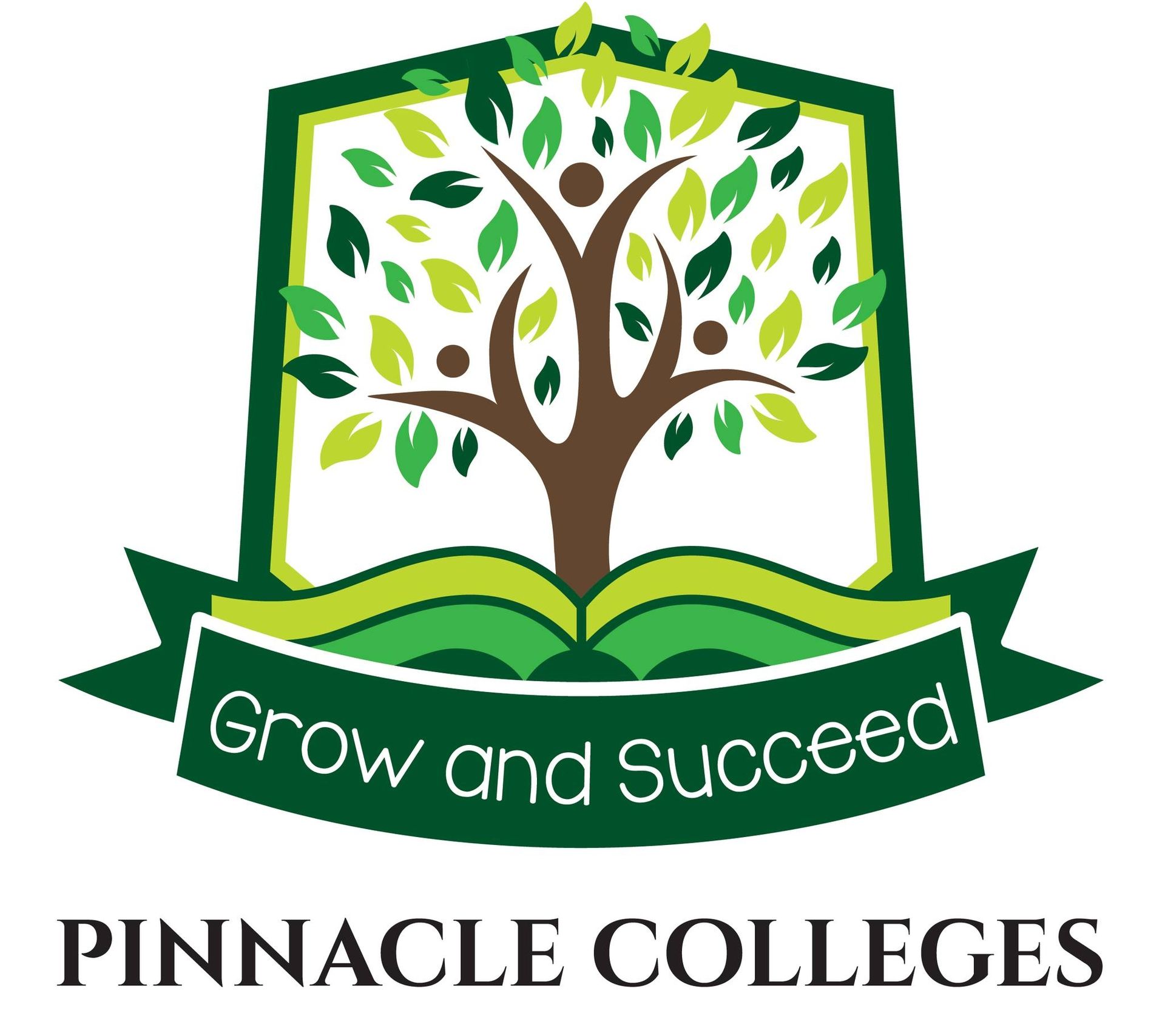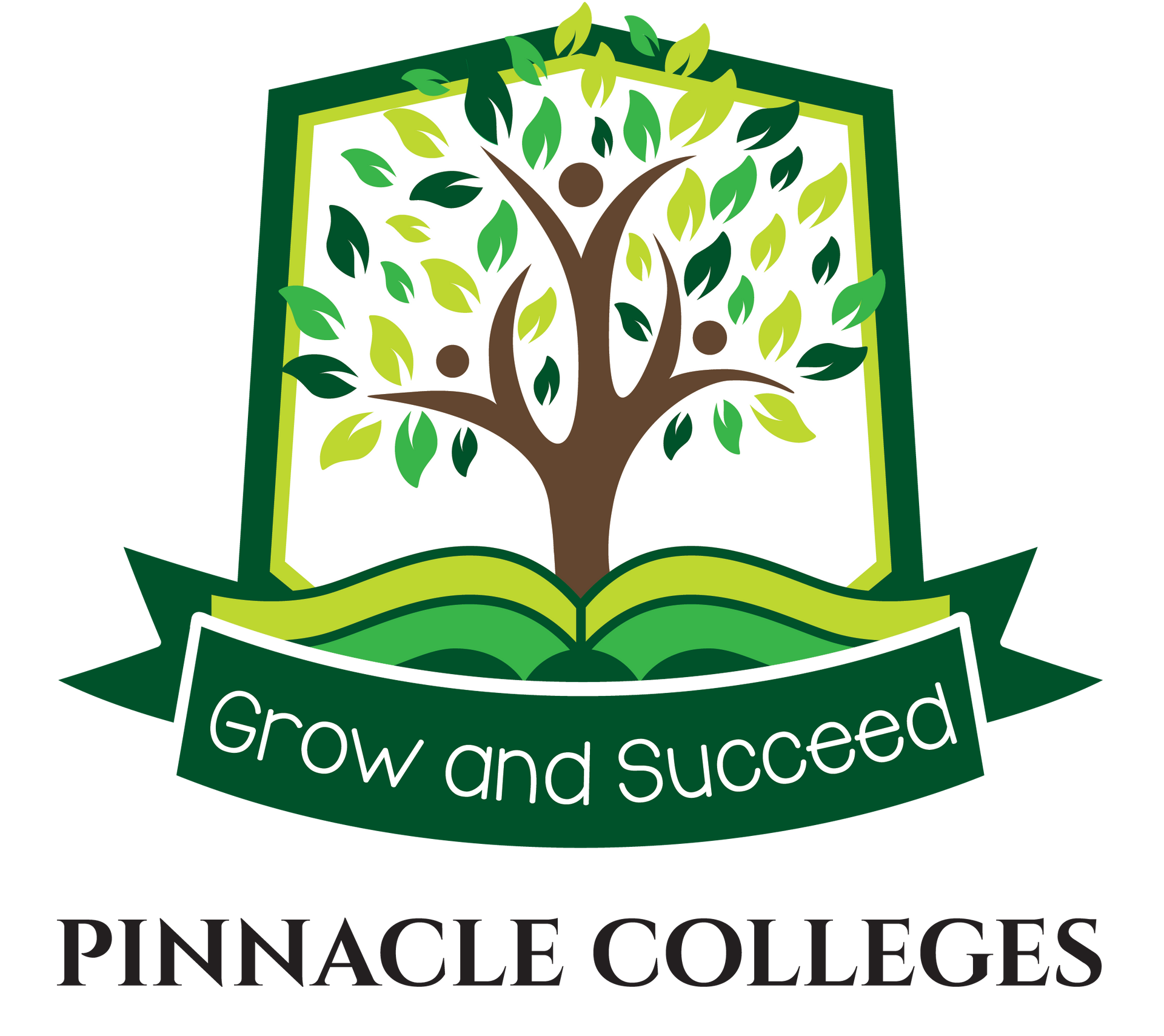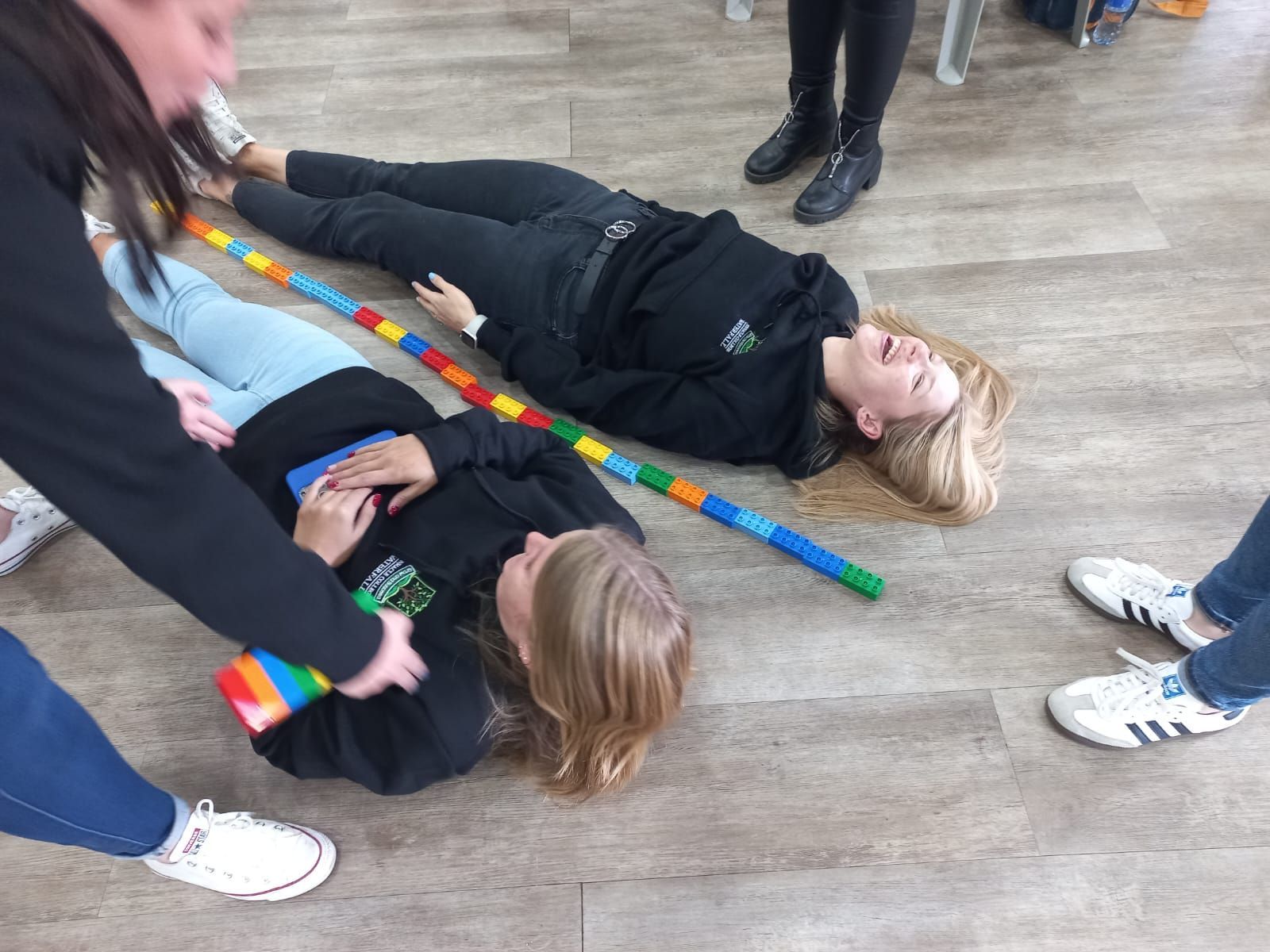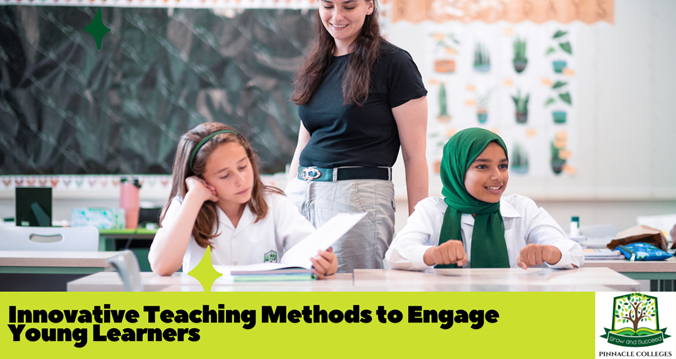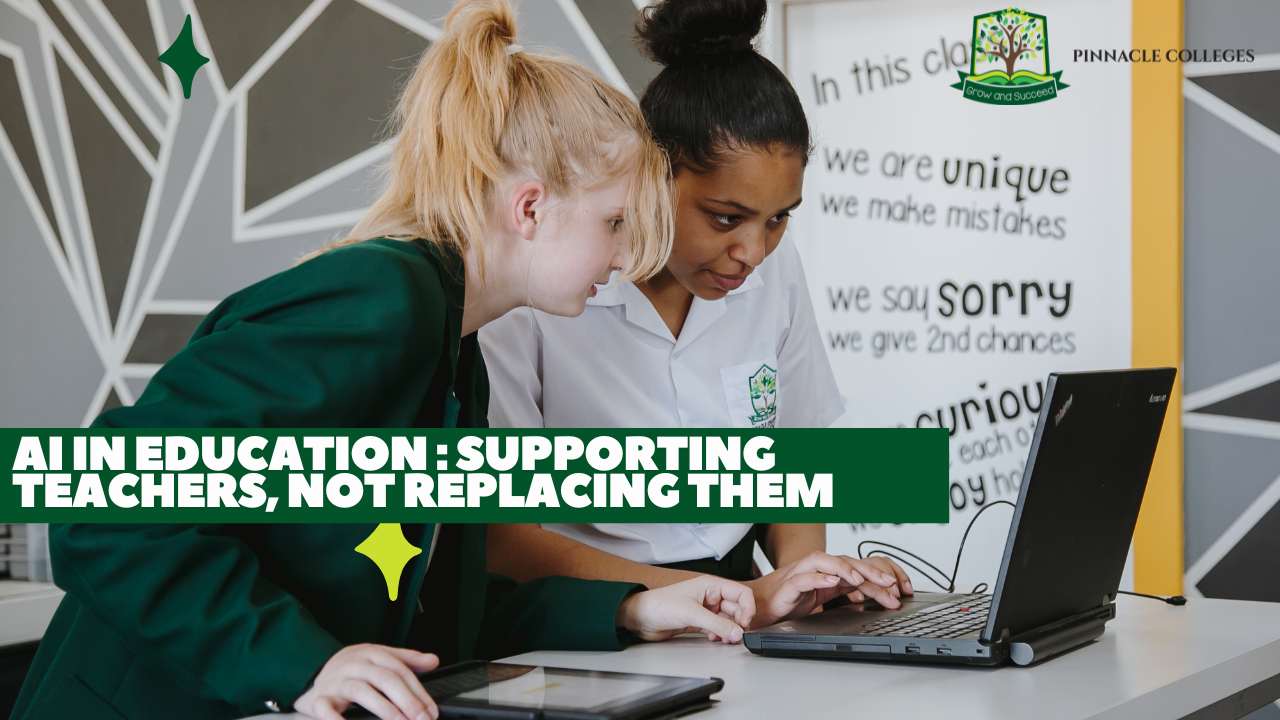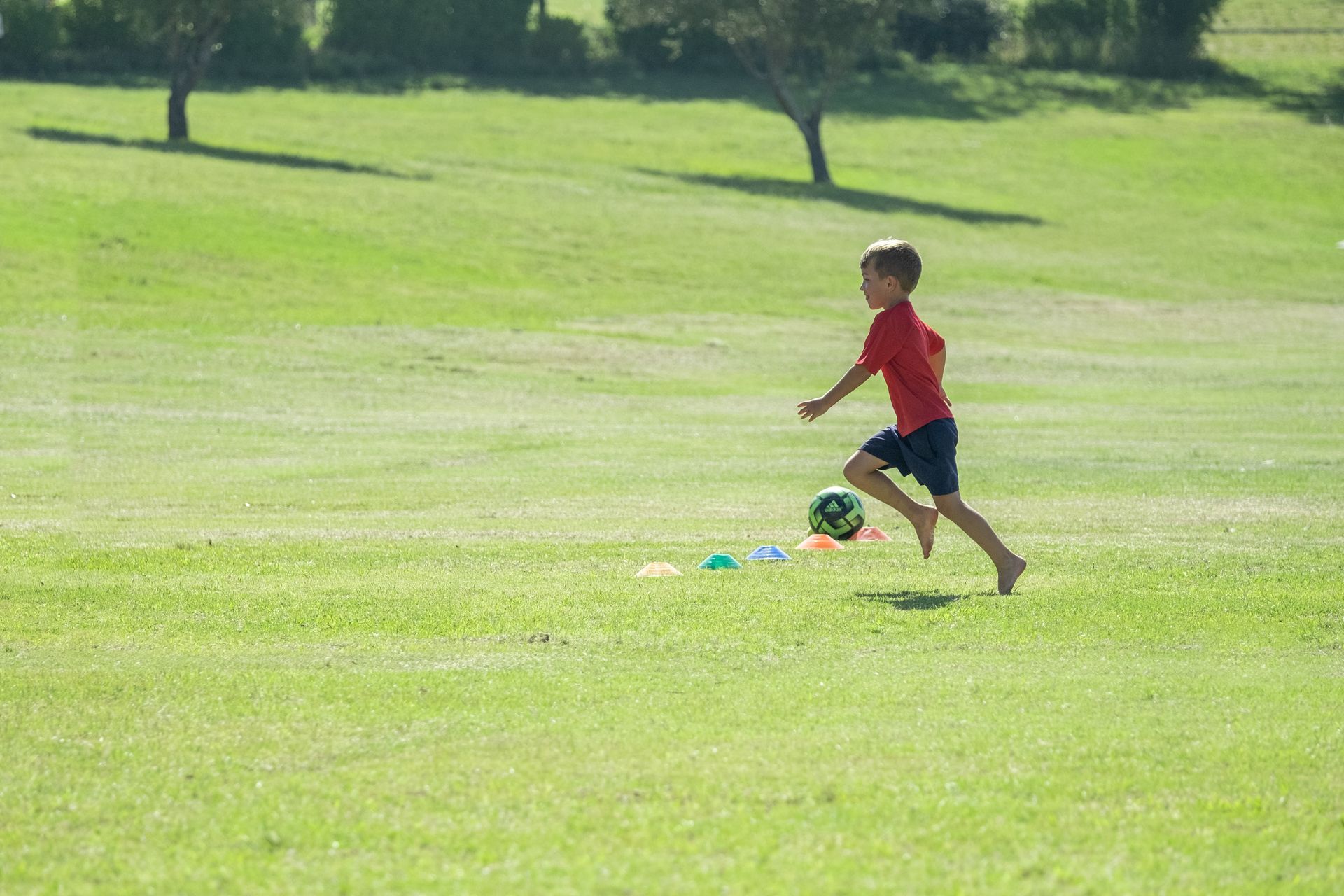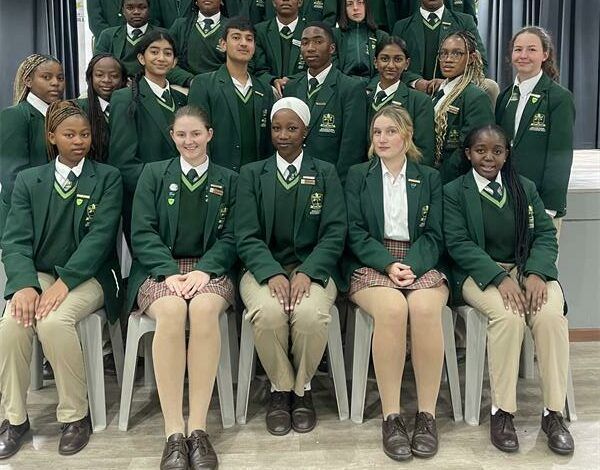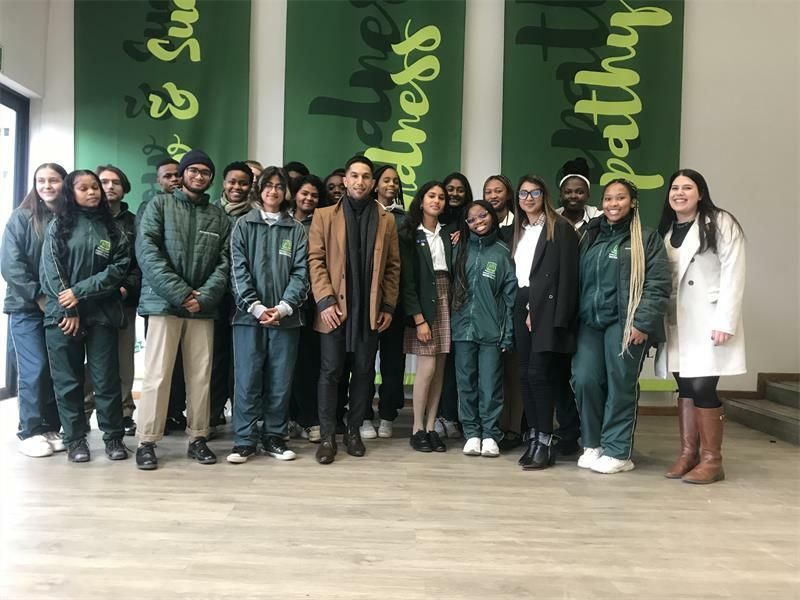TEACHING REMOTELY: FOCUS ON THE ESSENTIALS, LESS IS MORE
Drickus Maartens • April 23, 2020
The temptation to do it all as if it is possible to maintain the pace and volume of contact education remotely must be resisted, an education expert says.
“As educators adapt to teaching remotely and online, there may be an attempt to mimic what a school day would normally look like, by filling learners’ days according to pre-lockdown timetables, and pace and content of learning,” says Dr Felicity Coughlan, Academic Director at ADvTECH, SA’s leading private education provider.
“However this approach is counter-productive, and can lead to further frustration, anxiety and tension under what is already challenging circumstances for all concerned, including for parents, learners and educators,” she says.
Dr Coughlan says there is an important difference between focusing on essential skills during this time, as opposed to trying to keep the curriculum going in full.
“Much of the stress people are experiencing arises from this well-intentioned attempt to ‘keep up’. It is far more conducive to learning and well-being to make deliberate choices and to pare back and focus on those skills around which we can then build content knowledge again later,” she says.
In quite unexpected ways the lockdown and the unique and unprecedented circumstances in which we now find ourselves, provide a perfect opportunity to develop and entrench those global competencies which otherwise might not receive the requisite focus during normal school time, Dr Coughlan says.
“We have known for some time that the world is changing, that the skills required in the workplace are evolving and that the workplace of the future is going to look much different from what used to be the status quo only four weeks ago. Now, all of a sudden, we find ourselves thrown into a completely new paradigm and it is quite clear that the world will not be the same.
“So what better time to develop those global competencies and master 21st Century Skills than during the biggest global disaster in recent history?”
Dr Coughlan says SA teachers have risen to the challenges of remote and digital teaching with remarkable resilience and zeal, with very little warning or lead-time. They have been wonderfully innovative whether or not they have had access to extensive educational technology or been required to use WhatsApp or other day-to-day communication tools to keep in touch with the children they were teaching. The mindset of making do and re-inventing is a precious one we should not lose.
She says ADvTECH Schools have integrated Global Competencies in their curricula for several years, and that those schools and educators who have not yet had the time to do so or have treated these as peripheral, now have the perfect opportunity to embed them in “normal” teaching and learning.
“The world of the future just came crashing through our door,” says Dr Coughlan.
The Global Competencies of THINKING skills (creative, critical and reflexive), RESEARCH skills (collecting, recording, organising, interpreting), COMMUNICATION skills (personal interaction with others), SOCIAL skills (personal behaviour) and SELF-MANAGEMENT are the only ways that teachers and students will navigate this period and what follows it, successfully.
“So, for teachers developing lessons and content, and schools still grappling with how to approach learning at this time, consider that less really is more. If there is therefore a little bit of a silver lining to this disaster, it is that we now have the ideal opportunity to develop these skills, and that even those schools and educators who are not as well-positioned as others can include them.”
Now is the time to focus on the basics, and to aim for consolidation, says Dr Coughlan.
“It is true that for some this is easier than for others. There is particular concern about the Grade 12 class as well as the millions of children being left behind as education continues for some. These social justice imperatives are not trivial, but are not addressed by the entire system freezing. It is however vital that those in positions of privilege who are able to still be learning effectively acknowledge this privilege with humility.
“If your school or class can continue learning then this time needs to be used to develop global citizens just as much as it must be used to entrench skills. Content can and will follow. Don’t mistake quantity for quality. “
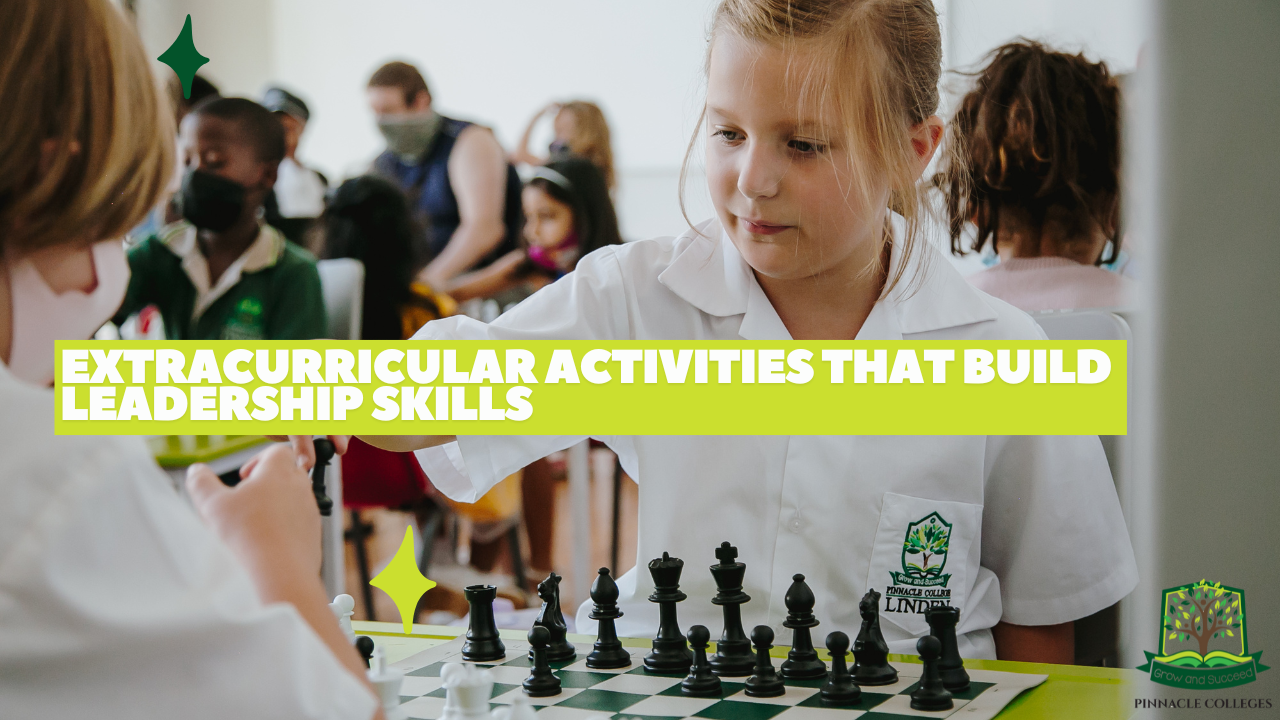
At Pinnacle Colleges, we believe that education goes beyond the classroom. As part of our commitment to nurturing well-rounded individuals, we offer a variety of extracurricular opportunities designed to develop essential leadership skills in our students. Why Leadership Matters Leadership is more than just a title—it's about initiative, responsibility, and the ability to inspire others. These qualities are vital for academic success and for thriving in life beyond school. At Pinnacle Colleges, we empower students to become confident, capable leaders through hands-on experiences and values-based education. Leadership Programs and Student Government Our schools offer structured leadership programs and student government bodies where learners can take on real responsibilities. Whether it’s organizing school events, leading assemblies, or representing their peers, students develop communication, decision-making, and teamwork skills that will serve them for years to come. Sports: Building Teamwork and Resilience Participation in sports is a cornerstone of the Pinnacle Colleges experience. Our students learn the importance of discipline, collaboration, and perseverance—key aspects of effective leadership. Whether on the soccer field, netball court, or athletics track, learners are encouraged to set goals, support their teammates, and lead by example. Cultural and Club Activities From debate clubs to arts and music, our cultural programs encourage creative thinking and problem-solving. Students have the chance to organize performances, participate in competitions, and work together on projects, all of which foster leadership and initiative in a supportive environment. Community Service: Leading with Heart At Pinnacle Colleges, we believe in the power of giving back. Our community service initiatives allow students to engage with and make a difference in their communities. Through volunteering and outreach projects, learners develop empathy, social awareness, and the confidence to lead positive change. A Holistic Approach to Leadership As part of the ADvTECH Group, Pinnacle Colleges is committed to holistic education. We balance academic excellence with a strong focus on personal growth, ensuring that every student is equipped with the knowledge, skills, and values needed to succeed. Our approach to extracurricular activities reflects this philosophy—preparing students not just for exams, but for life. Ready to discover your leadership potential? Explore the wide range of extracurricular opportunities at Pinnacle Colleges and become the leader you are meant to be!

OCTOBER 2024 In South Africa, the ability to read for meaning is a critical skill that remains elusive for many children. According to the Reading Panel 2030 report, a staggering 78% of Grade 4 learners cannot read for meaning in any language. This alarming statistic underscores the urgent need to foster a love of reading among students to ensure their academic success and personal development. “Reading is foundational to learning and personal growth. It enhances vocabulary, improves comprehension, and stimulates imagination. Moreover, reading is linked to better academic performance across all subjects. For South Africa, where educational disparities are significant, promoting reading can be a powerful tool to bridge the gap and empower future generations,” says Kassandra Strydom, Academic Advisor: Foundation Phase at ADvTECH , Africa’s leading private education provider. Strydom emphasises that in a world dominated by social media and mobile devices, keeping a child's interest in reading can be challenging. However, she underscores that this is a vital responsibility for parents. “By integrating reading into daily life from a young age, and making it an enjoyable activity, parents can help their children develop a lifelong love for reading, thereby improving their prospects of personal and academic achievement,” she says. Strydom notes that the findings of the Reading Panel 2030 report highlight the critical need for efforts to ensure that all children in South Africa can read for meaning by 2030. And while the Department of Education committed to addressing challenges identified in the report at a recent session where Basic Education Minister Siviwe Gwarube delivered the keynote address, the mammoth task could not be left to educators alone, she said. “Schools and teachers play an important role in teaching students how to read, but few are equipped to instil a genuine love for reading by the time children begin formal education. This essential passion must be nurtured at home to create a supportive environment where students can thrive once they master their ABCs.” Strydom says parents play a pivotal role in nurturing a child’s love for reading, and says it can be done by: CREATING A READING-FRIENDLY ENVIRONMENT & LEADING BY EXAMPLE Second-hand books are often very affordable, and libraries are free, making it easy for families to fill their homes with a diverse selection that caters to their child's interests and reading level. Choosing books together can be a fun and exciting activity, providing valuable parent-child bonding time. Once the books have been selected, engaging in paired or shared reading experiences can enhance this connection. Creating opportunities to read together in a relaxed and intimate setting—whether snuggled on the couch or curled up in bed—makes reading feel special. This not only fosters a love for reading but also connects the activity to positive emotions and quality time spent together. By modelling positive reading habits and setting aside dedicated reading time each day, parents can help cultivate a lifelong passion for books in their children. USING TECHNOLOGY WISELY Excessive screen time can negatively impact children’s development, prompting many schools to limit mobile phone usage to create more focused learning environments. To balance screen time at home, families can implement "reading timeouts" that benefit both child and parent. While there are numerous reading apps and platforms that can make reading engaging, it’s important to choose those that offer personal learning pathways, allowing children to explore content beyond just reading. These apps can foster deeper engagement with reading material by connecting it to real-world situations and encouraging critical thinking. However, it’s essential to also incorporate non-screen reading to ensure children develop a well-rounded love for literature alongside their digital experiences. MAKING READING AN INTERACTIVE EXPERIENCE When fostering a love for reading, it's important to ensure that the experience is interactive. Encourage children to engage with books before diving into the text by taking time for ‘picture walks’, where they can flip through pages and explore the illustrations. This approach helps minimise distractions and prepares them for a more focused reading experience. Consider using the "5 W" principle—asking who, what, when, where, and why questions about the book—to spark discussion and curiosity. Before reading, ask children what they think the story might be about, and always include the follow-up question, "How do you know that?" This encourages them to articulate their thoughts and develops metacognition—thinking about their thinking—making the reading experience richer and more meaningful. ENDS
